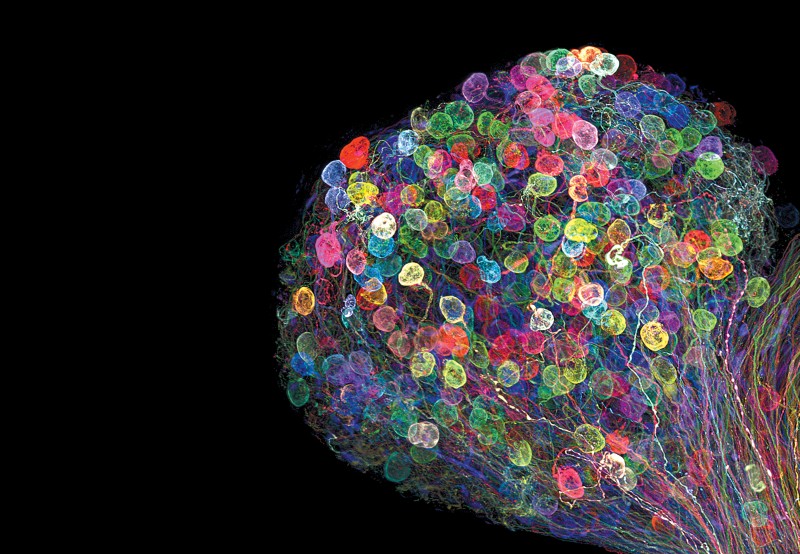每日外闻158
Depression is more frequent among individuals exposed to traumatic events. Both trauma exposure and depression are heritable. However, the relationship between these traits, including the role of genetic risk factors, is complex and poorly understood. When modelling trauma exposure as an environmental influence on depression, both gene-environment correlations and gene-environment interactions have been observed. The UK Biobank concurrently assessed Major Depressive Disorder (MDD) and self-reported lifetime exposure to traumatic events in 126,522 genotyped individuals of European ancestry. We contrasted genetic influences on MDD stratified by reported trauma exposure (final sample size range: 24,094–92,957). The SNP-based heritability of MDD with reported trauma exposure (24%) was greater than MDD without reported trauma exposure (12%). Simulations showed that this is not confounded by the strong, positive genetic correlation observed between MDD and reported trauma exposure. We also observed that the genetic correlation between MDD and waist circumference was only significant in individuals reporting trauma exposure (rg = 0.24, p = 1.8 × 10−7 versus rg = −0.05, p = 0.39 in individuals not reporting trauma exposure, difference p = 2.3 × 10−4). Our results suggest that the genetic contribution to MDD is greater when reported trauma is present, and that a complex relationship exists between reported trauma exposure, body composition, and MDD.
这篇文章分析了UK biobank的数据-50万英国人的全基因组测序样本,发现当存在当受访者自我报告存在创伤时,遗传对抑郁的贡献更大,并且在报道的创伤暴露,身体成分和MDD之间存在复杂的关系。可以将创伤的表型替换为其他的表型-如smoking来分析这批数据,得到smoking和抑郁的关系。
See you tomorrow











